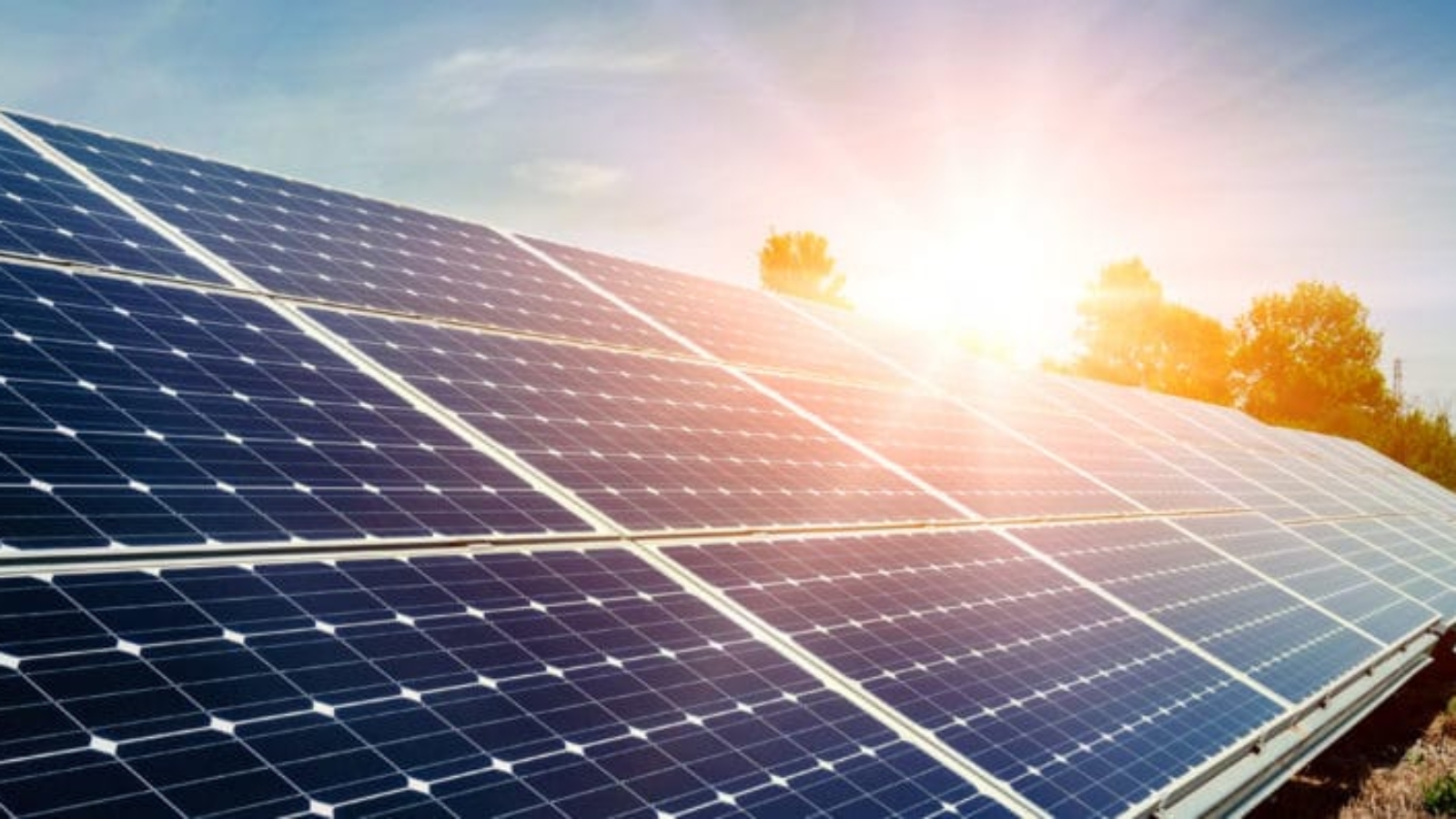Buying a solar inverter is an important decision, and if you have enough information, you can choose the best option for your needs. Here are some key points to consider before buying:
1. Choose the type of inverter
Depending on your situation, you can choose one of the types of on-grid, off-grid or hybrid. If you have city electricity and just want to reduce costs, the grid-connected model is suitable; but if you are in an area without city electricity, the off-grid model will be a better option.
2. Calculate the required capacity
Before buying, you should calculate the power consumption of your devices.
✅ To calculate:
– Calculate the total power consumption of electrical equipment in watts.
– Consider the starting power of devices with motors (such as refrigerators and pumps).
– The inverter should be selected at least 20 to 30 percent more than the total power consumption.
For example, if your need is 1000 watts, a 1.5kW to 2kW inverter would be a good option.
3. Check the system voltage
If you plan to use batteries, the inverter must be compatible with your system voltage. Common voltages include 12V, 24V, and 48V. If the system is larger, a higher voltage is recommended.
4. Inverter efficiency
The efficiency or productivity of the inverter determines how much energy is transferred to electrical appliances without being wasted. The best models have an efficiency of 90% to 98%. The higher the efficiency, the more efficient the consumption will be.
5. Number of outputs and technical features
Before buying, pay attention to the number of AC and DC outputs, the ability to display errors and performance parameters, and the ability to control remotely. Some models have the ability to connect to a mobile app, which makes energy consumption management easier.
6. Brand and Warranty
✅ It is important to check for reputable brands with a reputable warranty. Well-known brands usually offer better build quality, longer lifespan, and better after-sales service.
7. Compare prices and check for economy
The cost of an inverter depends on the type, capacity, features, and brand. In addition to the purchase price, consider the installation, maintenance, and return on investment costs. High-efficiency models are usually more economical in the long run.
🔹 Summary:
To buy a suitable inverter, you need to determine your needs, choose the type of inverter, calculate the appropriate capacity, and pay attention to efficiency, voltage, outputs, brand, and price.


Add a Comment